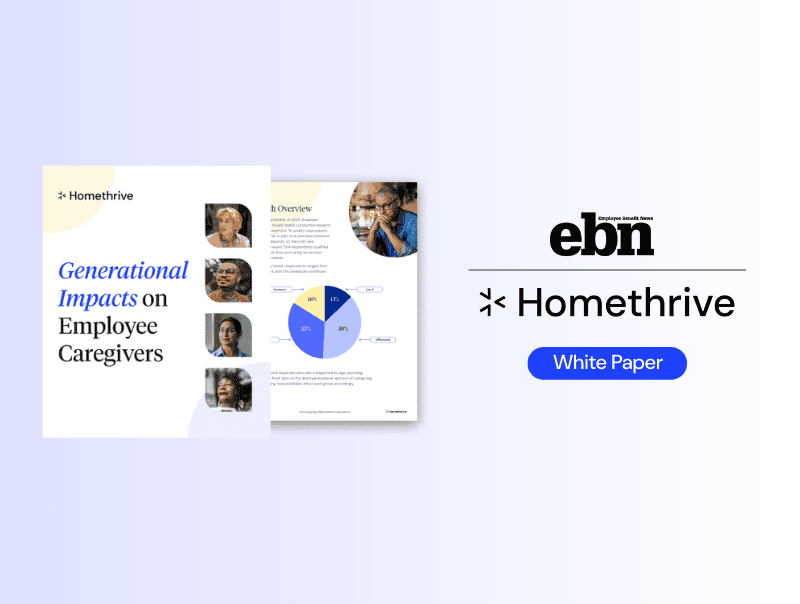As the Baby Boomer generation reaches retirement age, employers are faced with a looming retirement wave. This presents a number of challenges, including recruiting to fill soon-to-be vacant positions and reducing turnover rates. With such a large chunk of institutional knowledge retiring all at once, employers are also concerned about how to retain younger talent and reduce churn rates. Fortunately, there are steps employers can take to prepare for this change, including succession planning, creating a flexible work environment, and targeted recruiting.
Succession Planning
One of the most important steps employers can take to prepare for the retirement wave is to start succession planning now. Succession planning is the process of identifying and developing individuals who have the potential to fill key roles in an organization. By identifying potential successors early on and grooming them for leadership positions, employers can avoid the scramble to find qualified replacements when the time comes. Additionally, succession planning helps ensure an organization has a deep pool of talent from which to draw, therefore reducing churn rates and loss of institutional knowledge.
Creating A Flexible Work Environment
Another way employers can prepare for the retirement wave is by creating a flexible work environment that appeals to workers of all ages. One of the biggest concerns for retirees is whether they’ll be able to maintain their current lifestyle after retirement. Offering flexible work options—such as telecommuting, part-time work, or compressed work weeks—can go a long way toward convincing retirees to stay on with an organization in some capacity. Younger workers may see flexible work arrangements as a perk that makes an organization more attractive than its competitors. In today’s competitive job market, you’ll want to explore flexible policies such as this to win over top talent.
Targeted Recruiting
There are several factors to consider when targeting your recruiting to fill the retirement void left by baby boomers. You need to consider skills and experience required for the job, company size, and the location of the business when searching for applicants.
- Skills and Experience: When determining what skills a successful candidate will need for a certain job, you may want to consider conducting a skills assessment. This will help you to identify the specific skills required for the positions you’re looking to fill and allow you to prescreen candidates.For example, you may have applicants at various experience levels. Each of these individuals has a role to play in preparing for a retirement wave, but understanding what specific skills are required for each position will help you to target your recruiting more effectively.
- 5+ years of experience in the field: As the retirement wave begins, employers will face the challenge of finding qualified individuals to fill soon-to-be vacant positions. To combat this issue, consider targeting individuals with 5+ years of experience in the field. This population is more likely to have the skills and qualifications necessary to successfully fill these roles.
- Experience in a related field: Another option for finding qualified individuals is to target those with experience in a related field. For example, if you’re looking to fill a position in the healthcare industry, consider targeting those with experience in the medical field. This population will have some of the skills and knowledge necessary to be successful in the role and can be trained relatively easily on the specific duties of the position.
- Recent college graduates: Besides focusing on experienced professionals, employers should also consider recent college graduates as potential candidates for open positions. While they may not have as much experience as their older counterparts, recent grads are eager and enthusiastic, which can be beneficial for your company culture. Plus, they’ll likely come at a lower salary than more experienced professionals, so they can be cost-effective hires.
Company Size
The size of your company will also play a role in how you target your recruiting. Smaller businesses may want to consider recruiting from within their own organization first, while larger companies may have the resources to conduct a more extensive search.
Location
The location of your business can dictate how you target your recruiting. If you’re in a rural area, you may want to consider individuals willing to relocate. Alternatively, if you are in a city, you may have a larger pool of applicants from which to choose. If you’re having trouble finding younger workers to relocate, consider if work-from-home is an option, either short-term or long-term.
By 2030, Baby Boomers will outnumber their younger counterparts for the first time in modern history. The retirement wave of the current workforce is rapidly approaching, and employers need to start preparing now if they want to avoid being caught off guard. By understanding the skills and experience required for the positions you’re looking to fill, targeting your recruiting efforts, and considering company size and location, you can ensure you’re ready to meet the demands of retirement. By taking these steps now, employers can set themselves up for success in the future.
Enjoying these insights? Get them sent straight to your inbox by subscribing to our newsletter.







